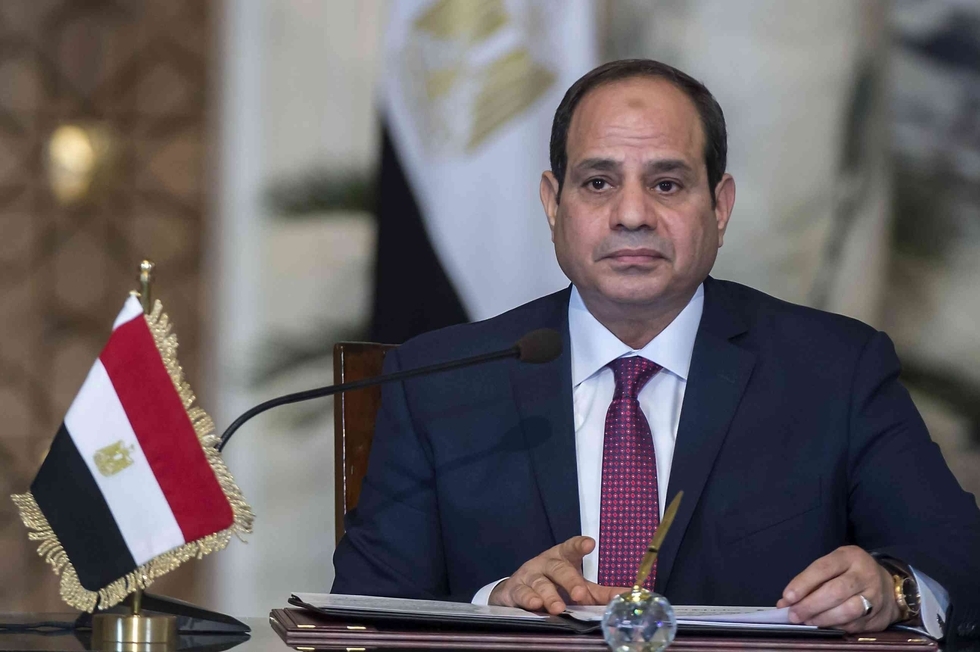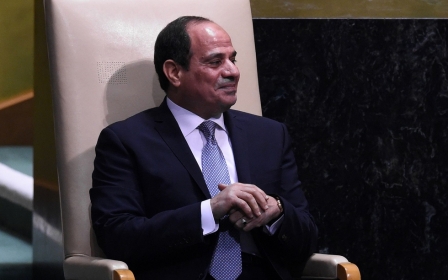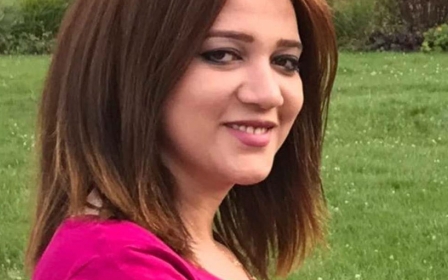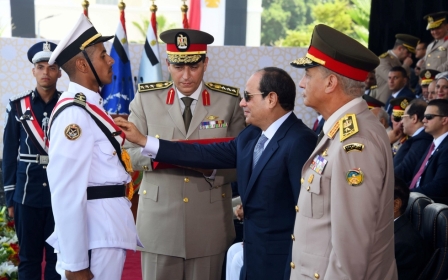Sisi's responses on prisoners and killings 'laughable', says Human Rights Watch

Egyptian President Abdel Fattah al-Sisi's responses to questions about political repression were "laughable", Human Rights Watch said on Tuesday, referring to an interview he took part in on CBS.
The organisation said Sisi made "several wrong claims", claiming Egypt had no political prisoners and that the killing of hundreds of protesters in the Rabaa square massacre in 2013 was justified.
“President al-Sisi’s misinformation is laughable, fools no one, and is a poor attempt to conceal serious abuses under his authority, including possible crimes against humanity,” said HRW's deputy director, Middle East and North Africa, Michael Page.
The rights watchdog has estimated that Egypt is holding at least 60,000 political prisoners. It also pointed out that according to the government-sponsored National Council for Human Rights, Egypt's prisons were operating at 160 percent of their capacity.
It also said Sisi's claim that the Rabaa square protesters were armed was contradicted by his own interior ministry, who said only 15 arms were confiscated.
Though most Egyptian analysts have said there was little new in Sisi's responses, Sisi did confirm Egypt's military cooperation with Israel.
CBS's flagship 60 Minutes programme said Sisi seemed surprised by the direct questions about alleged human rights abuses, and Egypt later asked for the interview not to be aired.
He had asked for the questions in advance but the programme refused, producer Rachael Morehouse said in a video published by 60 Minutes.
"We understood that he wanted to be on the world stage. He wanted to be a figure up there with the powerful leaders in the Middle East," she said, explaining why he agreed to the rare interview.
In what became known as the Rabaa massacre, Egyptian security officials killed as many as 1,000 people, Human Rights Watch said in 2014.
For years, human rights groups have raised alarms about the situation in Egypt, which saw a 2011 uprising that unseated long-term president Hosni Mubarak and then the 2012 election of Mohamed Morsi and his toppling a year later by the military.
The groups say Sisi has presided over a widespread crackdown on the media, non-profit organisations, human rights defenders and other perceived critics of his government.
According to Reporters Without Borders, Egypt also ranks in the bottom 20 countries globally on media freedom.
Middle East Eye propose une couverture et une analyse indépendantes et incomparables du Moyen-Orient, de l’Afrique du Nord et d’autres régions du monde. Pour en savoir plus sur la reprise de ce contenu et les frais qui s’appliquent, veuillez remplir ce formulaire [en anglais]. Pour en savoir plus sur MEE, cliquez ici [en anglais].




